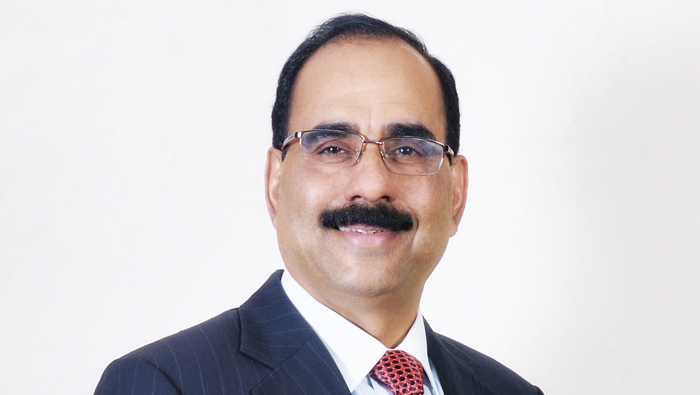
Muscat: Fintech or financial technology has the potential to alter financial services in the GCC by 2020, believes Xpress Money chief operating officer, Sudhesh Giriyan. Presently, the fintech revolution is still in its nascent stage in the GCC because of the lack of consumer confidence, issues of scale and regulatory compliance.
The fintech evolution in the GCC is being driven by two factors.First, the larger conventional institutions are creating digital channels to safeguard against potential disruption. Second, nimble startups are helping deliver online and mobile services for remittances, insurance, investment advisory and online trading.
However, fintech has to overcome certain challenges. Larger institutions sometimes struggle with a rapid-response, digital-first culture that is required for fintech innovation. Smaller players, on the other hand, struggle with the resources, size and scale required to compete meaningfully. Startups also lack the networks and regulatory relationships to gain the necessary permissions.
Customer confidence is a key issue for fintech startups. “On the consumer front, while early adopters might take to new apps and ideas, we have found that customers really value trust and reliability when it comes to financial transactions. They patronise large brands with a physical presence where they can see the outlets and transact with actual people. We find that consumers develop loyalty to brands they’ve had good experiences with, and don’t want to take chances with their money by trying something new,” Giriyan explains.
Giriyan believes that these challenges will see a spate of collaborations between fintech startups and conventional money transfer houses and banks in the short to medium term. As much as 94 per cent of the money transfer industry in the region continues to happen through brick and mortar facilities. This creates opportunities for fintech players to tie up with conventional financial service providers to handle their transactions.
“I believe we are going to see a collaborative model where a transaction might start within an innovative fintech app, for example, but will then be processed by an existing bank or money transfer house. The money transfer house can handle disbursement through its existing network. This will help skirt regulatory issues and give fintech players the reach they need to make a difference,” Giriyan said.
Xpress Money’s approach to fintech involves empowering existing channels with new technology-based services. The brand has developed an innovative plug-and-play fintech solution, where a proprietary API allows any firm to plug seamlessly into the money transfer business. The API has been designed to be open, flexible and extremely compatible with most systems, and handles account credit and international transfer services for banks such as the ADCB. Xpress Money also recently extended its real-time universal account credit facilities for receivers in Sri Lanka, Pakistan, the Philippines and Nigeria.
Meanwhile, another source of fintech disruption is a move to big data applications as banks and money transfer brands seek to add better value to existing companies and discover new demographics to serve. “While the trendy face of fintech is about apps, remote payments, social media and crypto-currency, institutions around the world and in the GCC are exploring ways of harnessing big data in new ways to gain insights into customers and create new products. Conventional institutions want to better understand their audiences and add more value to them,” noted Giriyan.